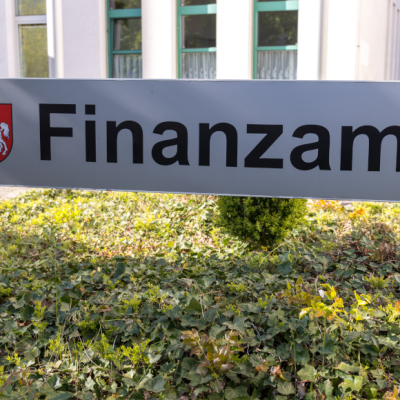According to a recent study by the ifo Institute, the tax burden on private households in Germany has significantly decreased since 1986. The study compared the burden of income tax and social contributions from 1986 to 2021 and found that the average burden on earned income has decreased over the years. This is due to multiple increases in the basic tax-free allowance and tax reforms implemented by the government. Despite this, Germany still ranks as the world leader in taxes and contributions in many income classes, according to a study by the Organisation for Economic Co-operation and Development (OECD).
The study also found that social contributions have slightly increased, offsetting some of the tax relief. Andreas Peichl, the study’s author and economist, suggests that it is time for a fundamental reform of the tax and contribution system to increase participation in the labor market and make work more rewarding. However, he does not see the study’s results as a justification for a tax increase by the upcoming government. Instead, Clemens Fuest, the ifo President, advocates for the complete abolition of the solidarity surcharge and a slight increase in the tax rate for high earners.
The ifo Institute also recommends modernizing the tax policy to make Germany a more attractive business location. This includes accelerating depreciation for investments and reducing the corporate tax rate from 30% to 25%. Fuest suggests that the tax rate reduction should be introduced gradually to minimize the impact on tax revenue. Overall, the study highlights the need for a comprehensive reform of the tax and contribution system in Germany to make work more rewarding and increase participation in the labor market.










